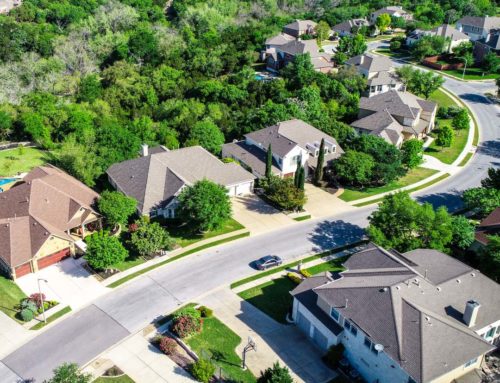While our world is understandably panicked about the current COVID-19 pandemic, experts warn that more of these viruses are in our future and that these outbreaks will likely occur more and more frequently.
Consider, for example, that SARS erupted in 2002, MERS followed 10 years later in 2012, and now just eight years later comes COVID-19. Why the sudden onslaught of zoonotic viruses (e.g. those that leap from animal to human)?
Suresh Kuchipudi, associate director of the Animal Diagnostic Lab at Penn State University, blames rapid urbanization in Asia and Africa. As huge numbers of humans move into a densely populated area, rapid habitat loss forces wild, virus-carrying animals into closer proximity to humans. At the same time predator populations are largely eradicated, leaving rodents and other disease carriers to rapidly multiply.
With COVID-19 everybody got an F on the preparedness report card.
The result: more and more threats to human health, life, and economic security. “The question really shouldn’t be if another pandemic is going to occur,” says Rob Soles, a global security expert and founder of RD Soles & Associates. “It’s when will it happen and, more important, will you be ready when it does. With COVID-19 everybody got an F on the preparedness report card.”
No More Surprises
For governments, businesses, and individuals, this means we need to be better prepared. The rapid spread of COVID-19 exposed every part of society. Governments, business owners, nonprofit organizations, private citizens – even a medical establishment that should have known better – were all caught flat-footed.
Even if the world is better prepared for the next pandemic, it will still take time to stop the virus.
The shortage of basic medical necessities like masks and gloves, panic-buying of toilet paper and hoarding, and the heavy dependence on foreign producers of pharmaceuticals and other medical supplies are just a few of the examples of our world not being prepared.
“If COVID-19 has taught us anything, it’s not just that new threats can emerge from anywhere,” says Soles, “it’s also that you can’t always count on the government or others to be there for you. Everyone has to be prepared.”
So what happens when the next virus emerges and begins its deadly march across the globe? Ideally, governments and medical institutions will be better prepared. But even if they are, vaccines and other control measures will take time to be put into place.
What do you, a home or business owner, do in the meantime? The answer, of course: be prepared.
Be Prepared
During the 1950s and 60s, homeowners, schools, and businesses set to work preparing for a possible nuclear war with the Soviet Union. The Cold War was heating up and there were very real concerns about what would happen if nuclear weapons rained down across America. The response: create fallout and bomb shelters to protect families, workers, and students.
Few have taken the threat of a virus as seriously as nuclear war. Maybe now that will change.
While that risk has abated, in some ways a far more dangerous threat is emerging: novel viruses like COVID-19 that literally can infect every person on the planet. To date, however, few have taken the threat of a virus as seriously as nuclear war. Maybe now that will change.
Consider a hidden, safe, secure or containment room – the label doesn’t matter, but their definition does. By creating a safe room in a home or business, the breakout of any threat – a virus, social unrest, natural disaster, home invasion, or run-of-the-mill burglary – offers a sanctuary into which you and those who depend on you can retreat until the threat has passed.
These secure spaces can support life for days, weeks, even months. Food, water and medical stocks take care of basic necessities. Air and water filtration systems protect your environment. Independent power and satellite services keep you online and in communication with the outside world. And hardened exteriors and access points keep unwanted visitors out.
The bottom line: as the world shrinks and new and different threats emerge, we need to ensure our homes – and in some cases, our business – are prepared to serve and protect us in many new capacities.


Leave A Comment
You must be logged in to post a comment.